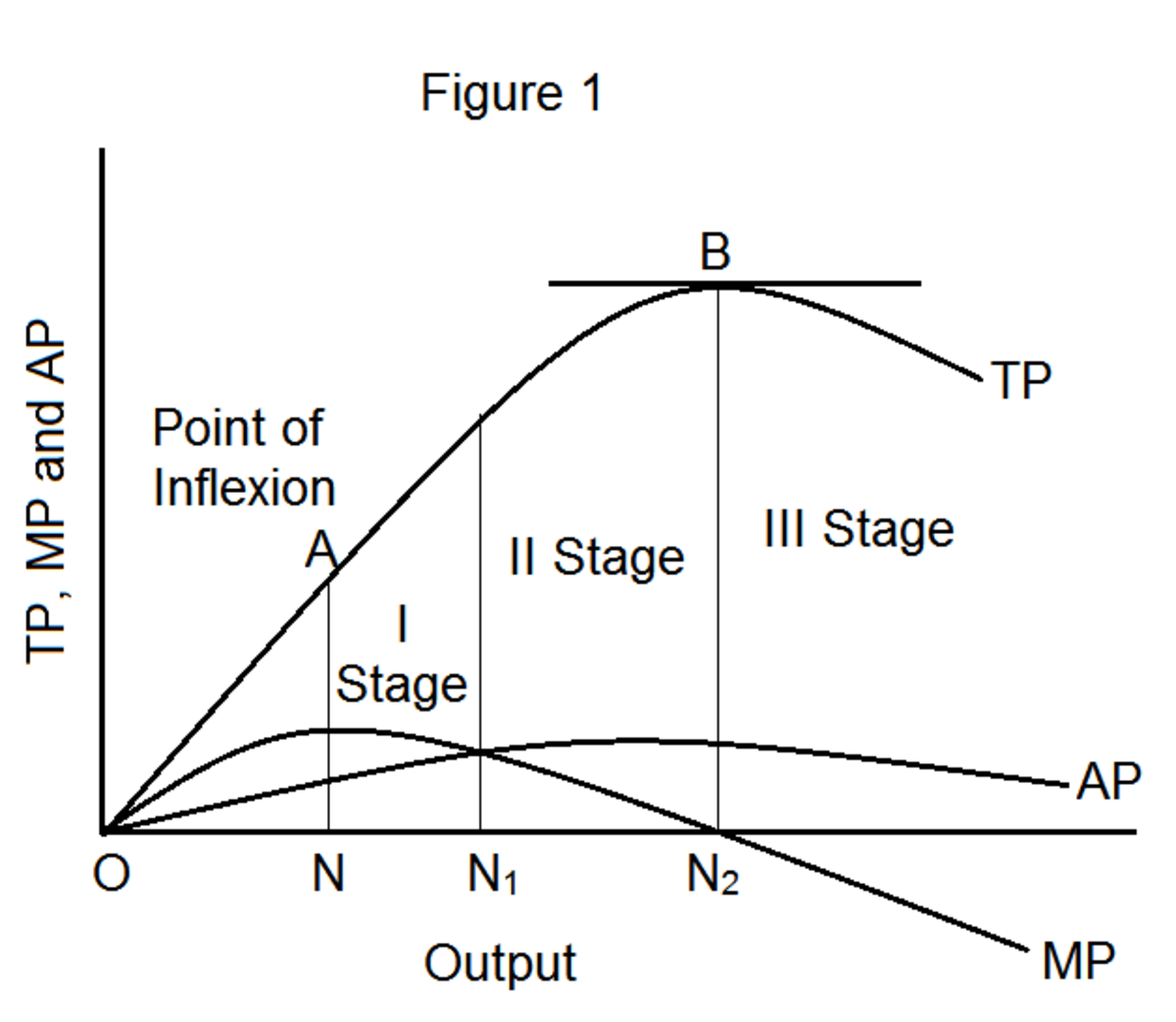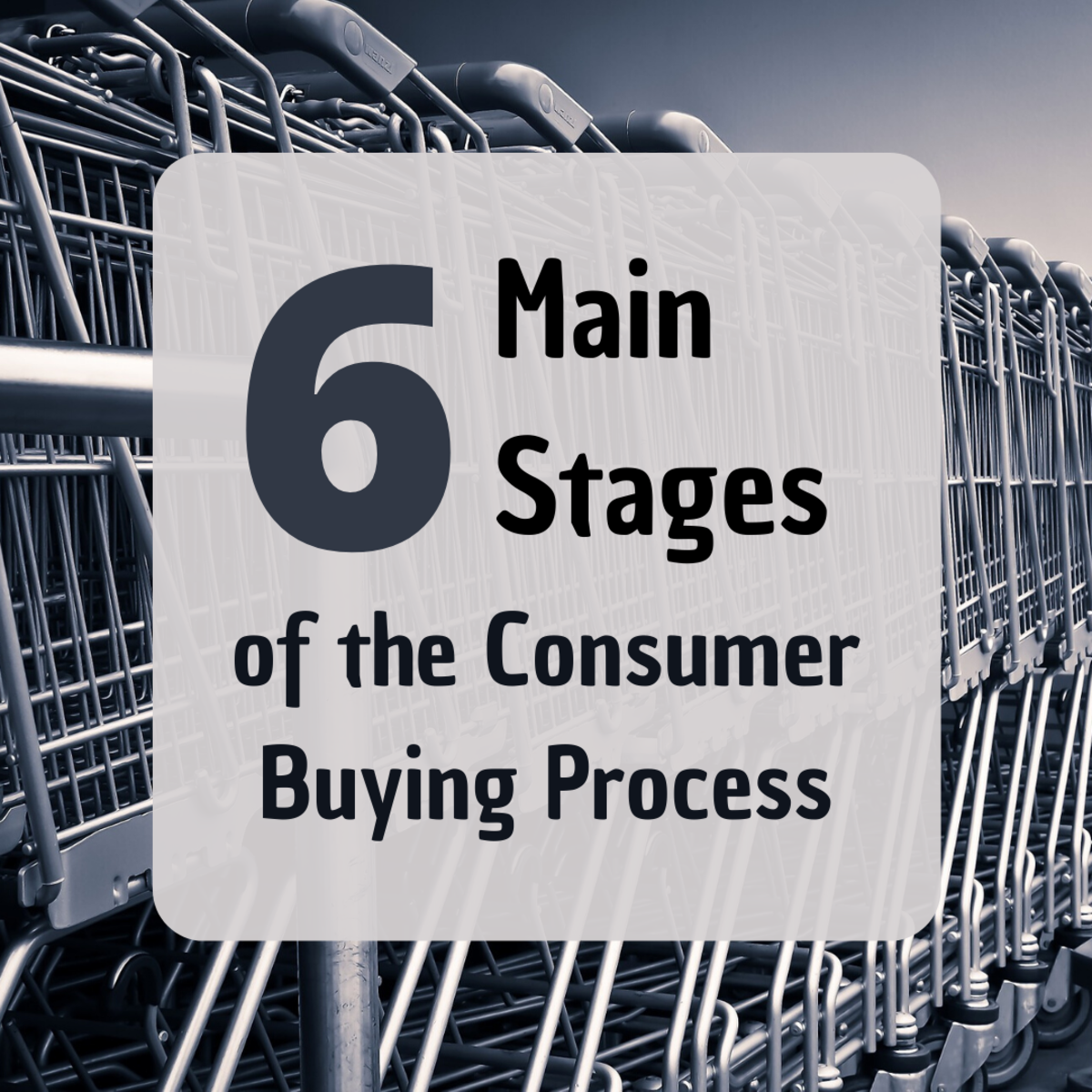The Always Misintrepreted Productivity

Productivity is a term we use to measure the outcome of production. If a business has high productivity, the output will be many. Therefore, the company will expand. This productivity phrase has been thrown around in every field, but it is generally misunderstood. People never realize that productivity is much more than what they think.
People believe that becoming productive is the same as boosting productivity. While there is some truth to that statement, experts will not agree to that. Productivity is a measurement to test how much efficiency something has in a certain amount of time. So, it means that productive John could make more bread than lazy Matthew in one week.
To conclude, having high productivity is not the same as being productive. To have top-level productivity, individuals need to exercise maximum efficiency as long as possible. But now we aren’t discussing every tidbit about the definition. We will discuss a much broader topic than that.
The Definition of Great Output

We all know that output is what comes after we give input. For instance, if we give energy input to mow our lawn, the effect is the garden will be clean. But when talking business, it isn’t as simple as that. If the Good Bread Company can make one thousand more bread than Beautiful Bread Company in a week, it doesn’t mean that the former is better. It could be that the former has a hundred more workers in its station than the latter. For this reason, economists had formulated a simple way to measure good and bad output— overall labor effectiveness.
If we want to understand productivity, we must get back to our high school economic subject called GDP. GDP or gross domestic product measures how many products and services a country can make within a particular, usually one year, time limit. Yet, most of the time, high GDP doesn’t mean that a nation is wealthy. Hence, this concept is usually narrowed down into GDP per capita or GDP divided by the number of people for practicality purposes.
Being said, making your company more productive by enlarging your workforce is questionable. What should a growing corporation do to keep scaling its business is empowering its overall labor effectiveness. If a business owner needs to produce ten bread per day, he/she can do it by investing in advanced machinery rather than employing more people. For another solution, the workers can be tutored to be more effective than what they were. Productivity means substantial output. But more products don’t always show a productive workforce.
An Ever Growing Factor of Production

If someone had graduated from high school, he would have heard the factors of production. When trying to produce an item, an individual will need land, labor, and capital. Missing one of them will result in an unfinished product at the end. But the hindrance of production’s factors is it costs money, both to buy and upkeep unless the business owners want to focus on themselves. That is why entrepreneurship is sometimes known as the free and unpurchaseable factor of production.
Generally, entrepreneurship is a skill to find new ways and pull out underlying values within the same limitation. As a result, leaders with strong entrepreneurship will be able to boost the productivity of a company without using more capital. Following this, a business owner could expand their business by developing himself. Instead of finding meticulous ways to receive investing, it is more beneficial to invest in skillsets first.
In conclusion, the factor of production that keeps either growing or declining is the mind. To look after the brain, people could read books, attend seminars, or watch interviews on successful people. Every owner will receive phenomenal results on their business if his entrepreneurship is and will be growing. For example, Walt Disney was rejected 300 times for Mickey Mouse. With every failure, he improved his skill. And today, Disney is one of the world giants in the entertainment industry.
"Efficiency and focus are the keys to success."
— Robert CraisThe Secret Formula

What makes us different from people of the past is how our technology improves. A person living in the ninth century will have no problem adapting if somehow transported to the next century. But if someone from the twentieth century takes a trip to the twenty-first century, that person will be confused. Similarly, what differs from the workforce of the past with the present is effectiveness and productivity. And the breakthrough that boosts our generation is connectivity.
In 1989, the majority of companies in the USA had used computers, and they still used the same devices to do works in the following year. But in 1991, productivity across the USA rose dramatically. Consequently, economists wondered what the reason is and the possibility of it being replicated. Then, they found the answer in the defining innovation of that era: The World Wide Web. After the World Wide Web became available to the public, people began using and learning this technology. The phenomenal increase in productivity began when corporations realized that computer talking with each other is a huge thing.
With a few clicks, a company in Illinois could order a truck of flour on Maine using the World Wide Web. This breakthrough solved many time-related problems when it launched. Because of that, the GDP of the whole nation increased, and people became wealthier. People could boost their effectiveness by learning lessons from past examples. In this case, connecting will make things happening.
"The most basic and powerful way to connect to another person is to listen. Just listen."
— Rachel Naomi RemenBeing Productive Isn’t Hard
There are many ways you could be productive. Furthermore, the internet has more resources than you can digest to be more productive. People could increase their productivity in almost every way they can think of, such as listening to different music, the color of your devices, or even eating other flavors of food. Unquestionably, being productive is the best way to contribute to your neighborhood, city, province, nation, and the world.








